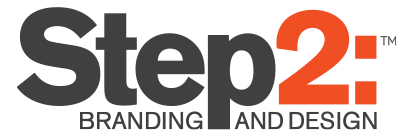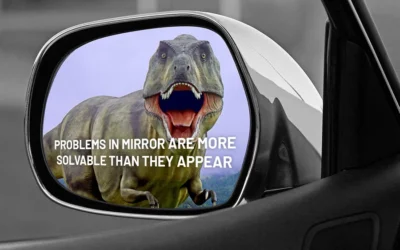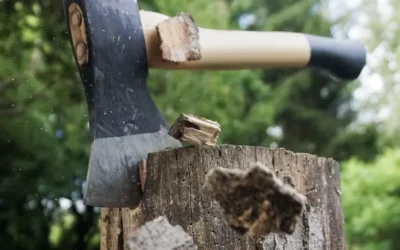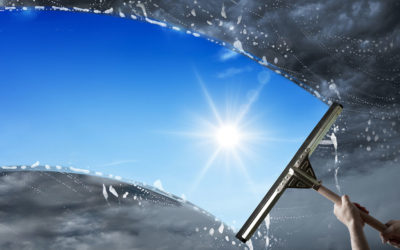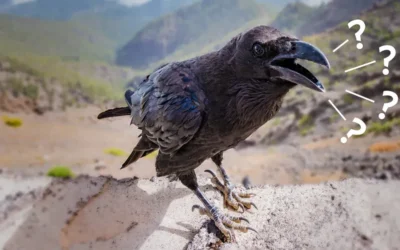When I was a kid, I often found myself huddling with The Guinness Book of World Records looking up odd facts and marveling at the achievements of others. Many records were about sports accomplishments. There were entire sections on human records, like the longest fingernails (nearly 30 feet) or most children borne by one woman (67!!). Other sections were about man-made objects, like the tallest building or longest expansion bridge. I became fascinated with records that existed in science and nature. Reading about people who overcame obstacles (the longest case of hiccups was 14 years) or those who were notorious for their personal shortcomings (millionaire Hettie Green, the world’s greatest miser, worth tens of millions, whose son lost a leg because she took too long to find a free clinic to treat him) was both entertaining and eye-opening.
It was light reading, but also very informative. I soon realized that, while I was enjoying a great pastime, I was also learning about the power of human potential. I discovered how greatness can be achieved through sheer will or by overcoming the challenges of unforeseen circumstances.
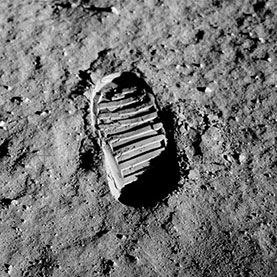
In my later years, I eventually learned that Man’s Greatest Achievement was not necessarily one of technological triumph. To be sure, sending men to the Moon and bringing them back in one piece was a significant accomplishment that overcame perilous odds. But I learned that our greatest achievement as a species preceded that technological feat by centuries. It’s a difficult one to measure within the statistical constraints of what might qualify as a “world record.” But, without it, that historic lunar excursion likely would have happened decades later, or not at all.
Today, many scholars consider our greatest achievement to be the Education of the Masses. And, I agree. Think about it. Without informed and educated people, progress is stifled by their ignorance. Despots and dictators can keep entire populations in the dark (even literally, as in the case of North Korea) and create a faux society in which no real-world comparisons are available. Their citizens don’t know what they don’t know.
Universal education is the most corroding and disintegrating poison that liberalism has ever invented for its own destruction.
— Adolf Hitler, quoted in The Voice of Destruction: Hitler Speaks, 1940
When people become empowered through education, it disassembles the monopoly of knowledge that the wealthy and powerful have over those less fortunate. It levels the moral and economic playing fields while enabling self-determination and fostering innovation. It releases the true potential in each of us. It absolutely is a great achievement from which all of civilization benefits.
The educated differ from the uneducated as much as the living from the dead.
— Aristotle
We’re far luckier today than our predecessors. The Internet provides an abundance of information at our fingertips. We can now easily take an active role in responsibly educating the masses without having to rely solely on large institutions or media networks. Most channels are free and open for all to participate in this ongoing Greatest Achievement of Mankind.
So, what are you doing to enlighten the rest of us? Are you sharing your expertise by blogging? Are you offering your insights through social media? Have you spoken publicly to empower others with your knowledge and experience?
Generally, the more people know, the more they want to learn. The more you share your subject matter expertise, the more people will be willing to listen for it and help proliferate it. If you regularly inform people along the way, they’ll pay more attention when your name shows up in their media feeds. They’ll be more likely to click and read your take on subjects that matter most to them.
There will always be a time and place for selling. But, educating comes first. After all, selling to a well-informed market is far easier than the alternative. If people feel they’ve learned from you in the past, they’ll be more inclined to leap into your sales funnel when the time is right for them.
Nobody on this planet has your unique world experiences. Why not share them?
The opportunity is right there at your fingertips.
If you think education is expensive, try ignorance.
— Derek Bok, former President of Harvard University
Related Posts
8 business blogging tips for marketers
Here are a few business blogging tips to help you begin to carve out your role, educate your customers, and distinguish your organization. Your blog should begin with a clearly defined purpose and follow best practices in order to maximize its effectiveness.
Five messages to avoid in your marketing
Common clichés, tired sales pitches, and unrealistic claims no longer work. In fact, they’ll likely be viewed as disingenuous and undermine your marketing efforts. Here, we’ve outlined five ineffective marketing messages and what you can do to avoid using them.
15 marketing reality checks (Don’t let #9 hurt your feelings.)
We’ve collected a number of the more salient points from our blog and are presenting them as a marketing reality check list. A good number of these apply to new or small businesses. But you’ll also find that some of the largest corporations in the world make many of the same missteps.
Wrestle that marketing axe away from your CFO
When businesses slow down, CFOs begin to get nervous. If they decide to tighten their belt, marketing budgets are usually the first to get cut. This is often a shortsighted and reactionary move. If marketing is the fuel for your sales team, the last thing you want to do is suck all of the oxygen out of the room.
Five ways to give your marketing a Spring cleaning. (Number 5 is easier than you think.)
Spring is a season of renewal and rejuvenation. So, shake off the rust, get out the broom and add some polish to your business. Here are a few things you should consider at least once a year to tidy up your marketing.
Be more like Mickey
Without answering these four questions with authority, your marketing won’t connect with your audience in a meaningful way that distinguishes you from your competitors and puts you in their corner.
